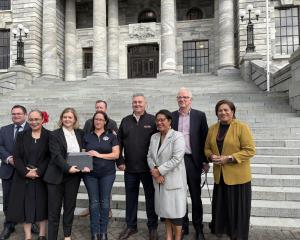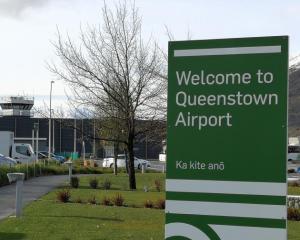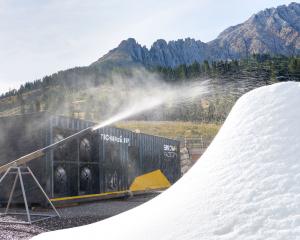Queenstown's proposed visitor levy could be replicated in other parts of the country, as councils keep a close eye on the situation.
The levy announcement has drawn support from Mackenzie Mayor Graham Smith, who said his council might consider something similar.
The district was in a similar situation to Queenstown in terms of tourism and infrastructure pressures and a small ratepayer base, he said.
"They talk about having 34 visitors to every ratepayer."
Mackenzie had "250 to every ratepayer".
Tasman Mayor Richard Kempthorne said his council would "certainly" be looking at how Queenstown's referendum turned out, because it was a significant issue for his district.
"We would need to look at the detail."

The only way he knew of controlling growth was price, he said.
"With that and an income to spend on infrastructure from a levy, then we get close to taming the tiger we are currently swinging around by the tail.
"If we don't control it, look out, because we have seen how the tiger has bitten other hosts severely."
The levy announcement also has the backing of the Queenstown Chamber of Commerce.
Chamber chief executive Anna Mickell said that businesses in the area were facing "significant productivity challenges due, in large part, to the difficulty in getting their staff and customers from A to B and unaffordable staff housing".
"As far as the chamber is concerned, it's not about whether a local visitor levy is a good idea or not. We are clear that a local visitor levy is the best way forward."
But despite general enthusiasm for the levy, Hospitality NZ chief executive Vicki Lee said she was in favour of a one size fits all approach.
"Given the various consultations already under way from local and central government aimed at creating a sustainable tourism industry that brings benefits to everyone in New Zealand, there now needs to be a centralised and well thought-out strategy on tourism and infrastructure funding, that is implemented nationally, rather than on an ad hoc basis by individual councils," she said.
She believed more detail was needed on how a levy would be implemented, before residents voted on the issue.












